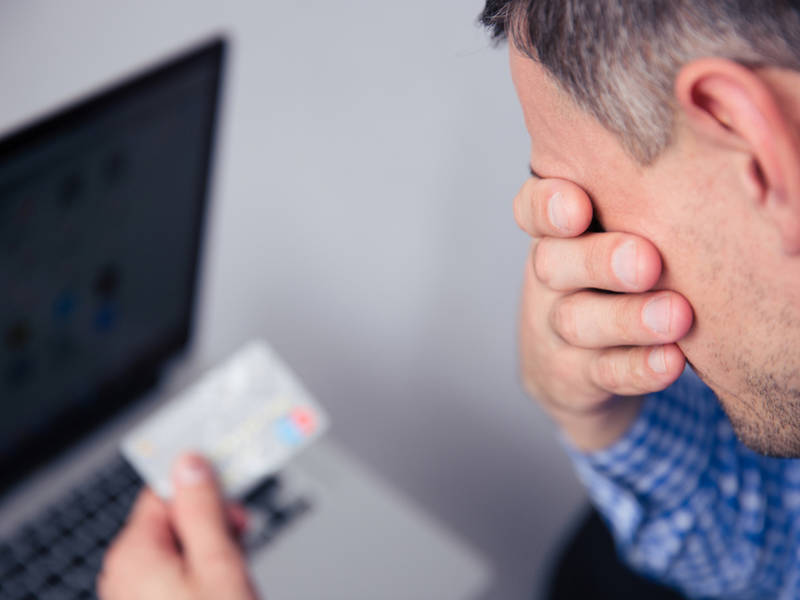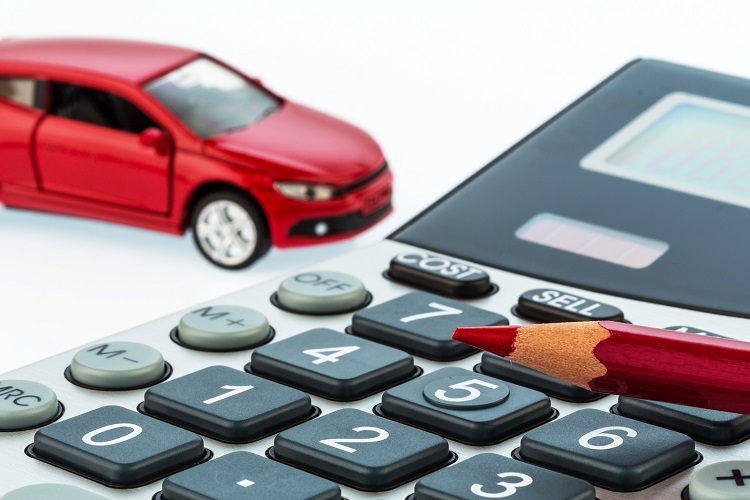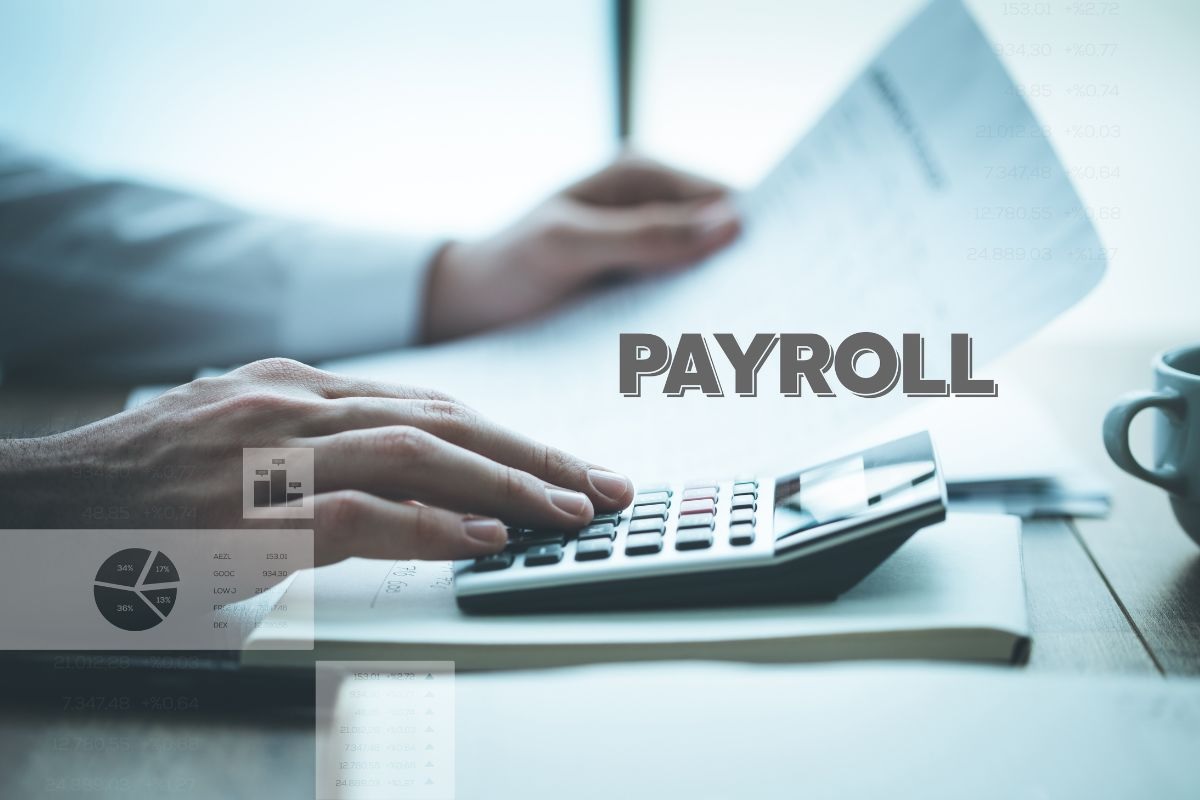
It’s the credit card holder’s ultimate nightmare – being so deep in debt that you can only afford to pay the minimum amount of your total balance, thus making the bank richer with your interest payments and getting yourself into a financial blank hole.
Getting a credit card is a bad idea for those who don’t know how to take care of their spending. People getting buried in credit card debt is nothing new. A lot of them just can’t cope with the payment obligations and just chicken out of it altogether, getting blacklisted in the process. But if you’re the type who want to keep your name clear and your credit score decent, you need to pay up and get out of your credit card debt.

Here’s how you can do it:
- Settle the debt with the highest interest rates
Interests will be the death of your finances, so it makes perfect sense to make them your priority – the longer you pay your debt, the more expensive it will be in the long run. Make sure that you pay more than the minimum amount if you don’t want to be suckered deeper into debt.
- Consider a balance transfer
Many credit card companies offer a balance transfer service, in which you can transfer your payables from your current card into a new one. This is a sensible move only if the new card will have lower interest rates than your current one. Shop around for the card with the lowest rates and finance charges first. You should be able to find one, given the variety of balance transfer deals offered by the major banks in the country.
- Stop using your credit card
What’s the use of diligently paying off your debt if you keep on swiping your card as soon as there’s an available amount in your credit limit? Resist the urge to swipe until you pay off ALL your debts, or at least until you have settled your most crippling obligations. If you have a longstanding problem with spending, consider cancelling other credit cards that you don’t use that much. This will remove temptations to swipe for unnecessary purchases.
- Reduce savings for now
Saving up money is always a great idea, especially if you prioritize putting money in your account everytime you receive money. But you may have to compromise this for now if you’re faced with humongous credit card debt. Ideally, all the extra cash you earn (meaning after you set aside money for your living essentials, such as food and rent) should go to paying your debts.
Putting money in your savings account may have to take a backseat for a while. The faster you pay off your credit card debt, the sooner you can put more money in your personal savings.
- Get another source of income
Speaking of extra cash, paying off debts is really difficult if you don’t have additional money aside from your primary source of income. Now is the time to consider earning extra on the side so you can settle your debts faster.
Freelance jobs have become very accessible so it’s just a matter of exploring your other talents and putting them to good use. If you’re the creative sort, you can check out remote jobs in copywriting and design. If you’re a budding entrepreneur, you can open an online shop via Facebook or Instagram and become a seller. The time and effort you put in will definitely pay off in the long run; you might end up enjoying your side jobs long after you’ve paid off your credit card debts.
Comments are closed.
Latest Posts
Recent Posts
- Is Life Insurance Safer Than a Bank? (Understanding Stability of Financial Institutions)
- The Hidden Costs of In-House Payroll Processing for Insurance Companies
- 7 Reasons to Consider a Business Loan
- The Role of a Tax Agent: Expertise and Peace of Mind
- Advanced technical analysis for British ISA traders: chart patterns and indicators








